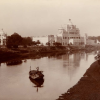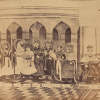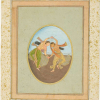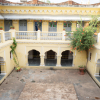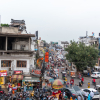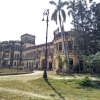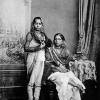This series of interviews was conducted while researching for the book, The Scenes We Made: An Oral History of Experimental Theatre in Bombay, ed. Shanta Gokhale (Mumbai: Speaking Tiger Books, 2015).
From fledgling efforts to present European classics in Marathi in the 1940s to the heady days of high political idealism in the 70s and the subsequent commercialisation of theatre in the days of India’s liberalisation, Shanta Gokhale has been in the midst of it all.
She talks about how extremely raw realism was experimental for the Bombay theatre in those days because realism was still comparatively untried in the Indian theatre space. Suffused with an extraordinary sense of idealism, the Bohemian theatre artists quite literally saw themselves as taking part in the building of a new nation. The 70s was an extremely important time as a lot of media attention was focused on theatre, and a lot of talented people were doing a lot of new things with theatre in groups that were strictly egalitarian and promoted all kinds of experimentation.
As the economy liberalised, these groups broke up and people became much more involved with personal affairs, their priorities changed and the fledgling theatre movement dissipated. While the theatre has now become more viable in terms of the revenues it generates, it has also become vainer and more Bollywood-ised. With the advance of the market, the theatre’s commitment to political and ideological values has waned.

